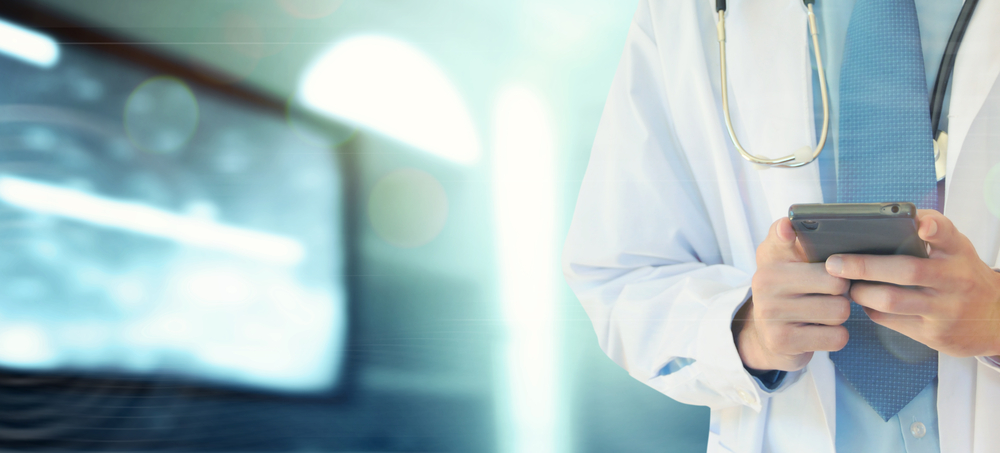Telehealth solutions take the workers compensation industry by storm

Most of us are aware of the effect the digital revolution has had on our day to day lives, however technology is also continuing to transform the health care and workers’ compensation industries.
Telehealth is the provision of healthcare by means of telecommunications technology such as phone calls, video chat or emails that can take place on devices ranging from tablets, smart phones and computers. It allows healthcare professionals such as nurses, doctors and physios the ability to deliver health services, advice, education, training and health information remotely.
Leveraging telehealth capability can make health and information services more convenient and efficient not to mention accessible, particularly for those who are based in rural areas or work outside standard business hours. The availability of telehealth professionals can increase the quality of patient care but also raise patient engagement by taking ownership and responsibility of their treatment, recovery and rehabilitation.
Many health care providers and insurers are now offering a 24/7 service where injured workers can call and gain access to triage health professionals who can assess, report and provide treatment advice following an injury, illness or incident.
From a workers’ compensation point of view, there is high potential to triage less complex claims immediately after an injury has been sustained, as well as the ability to prevent more serious problems occurring later in their recovery.
Telehealth can be integrated with the triage process, particularly for minor injuries. Following consultation, telehealth professionals can recommend self-care, a referral to a clinic or emergency room care. This in turn, would assist in avoiding logistical issues such as long wait times and provider availability in addition to eliminating driving time for the injured employees.
For example if an injured worker sustained a burn and utilised telehealth solutions a healthcare professional could evaluate the symptoms and determine whether the worker requires face to face medical treatment or can be discharged with instructions as to how to care for the burn at home.
GB’s National Business Development Manager, Laura Bradley said, “The efficiency and accessibility of telehealth platforms means injured workers are getting the medical attention and advice they need, immediately after sustaining an injury.”
“At GB we aim to deliver innovative solutions for our customers and proudly provide an important service to the community. Telehealth has the potential to eliminate the need for GP visits, shorten claims duration, and lower the cost of overall claims management as well as the number of claims lodged, making savings for employers.”
There are a multitude of benefits for both injured workers and their employers by using telehealth such as early intervention, lower number of claims being lodged, lower claim costs, better access to care, and greater employee satisfaction.
GB is now offering telehealth services at a discounted rate for clients. For more information as to how you can utilise these services for the benefit of you and your employees, in addition to the myGB extras, contact National Business Development Manager, Laura Bradley.
Author

